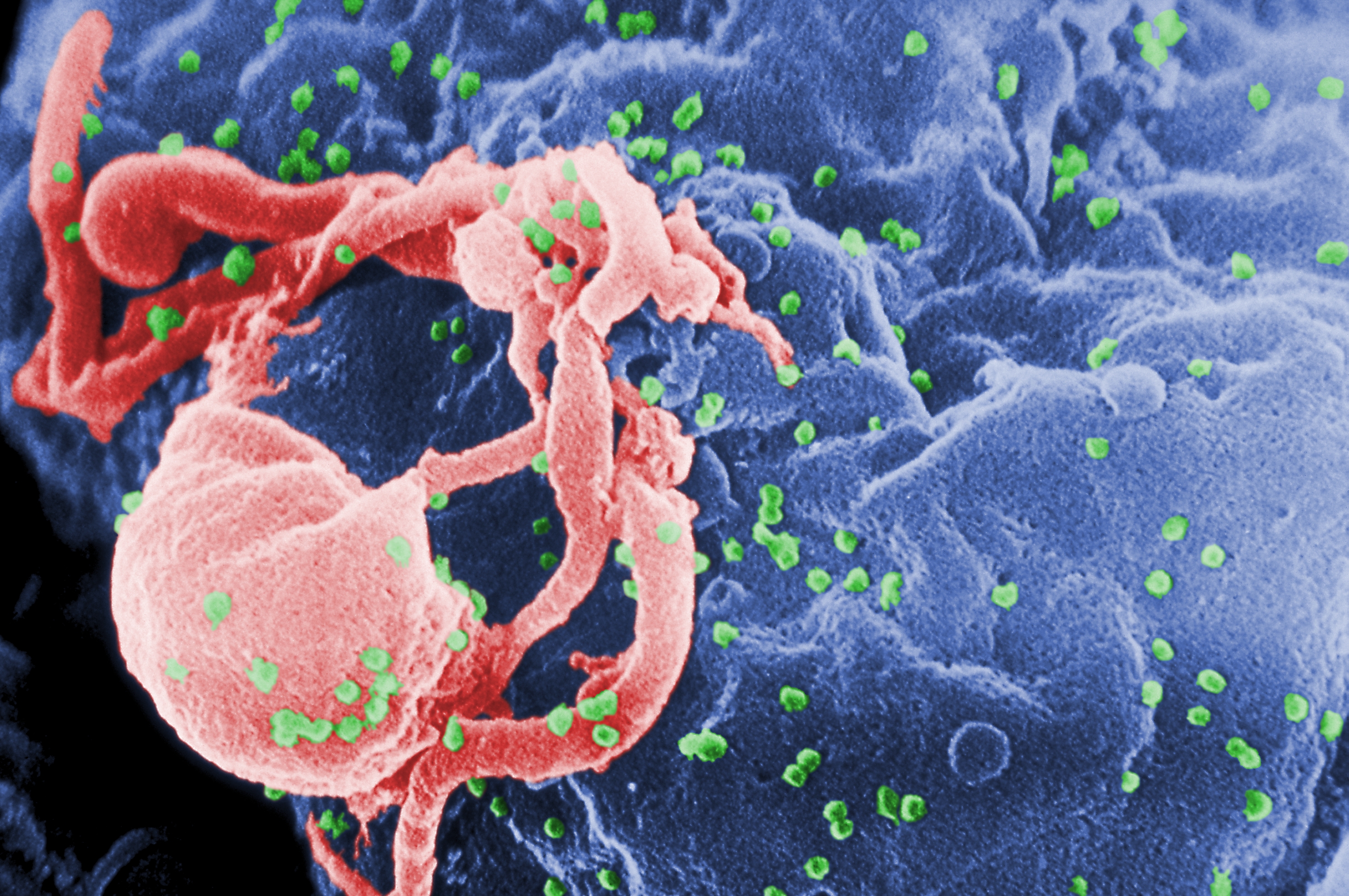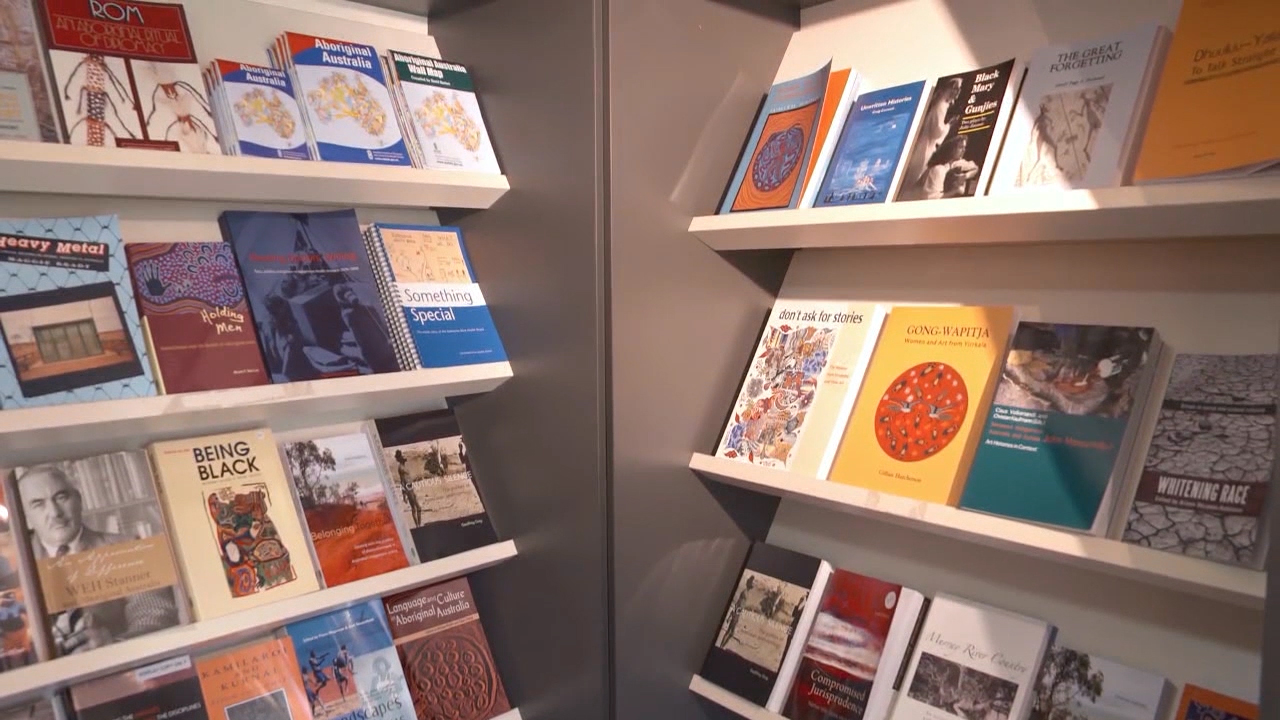|
Global Crises, Global Solutions
''Global Crises, Global Solutions'' () is a book presenting the methodology, economic papers and conclusions of the first Copenhagen Consensus, edited by Bjørn Lomborg, published in 2004 by the Cambridge University Press Cambridge University Press was the university press of the University of Cambridge. Granted a letters patent by King Henry VIII in 1534, it was the oldest university press in the world. Cambridge University Press merged with Cambridge Assessme .... Danish non-fiction books Books about economic crises Political books 2004 non-fiction books Cambridge University Press books {{econ-book-stub ... [...More Info...] [...Related Items...] OR: [Wikipedia] [Google] [Baidu] |
Bjørn Lomborg
Bjørn Lomborg (; born 6 January 1965) is a Danish political scientist, author, and the president of the think tank Copenhagen Consensus Center. He is the former director of the Danish government's Environmental Assessment Institute (EAI) in Copenhagen. He became internationally known for his best-selling book ''The Skeptical Environmentalist'' (2001). In 2002, Lomborg and the Environmental Assessment Institute founded the Copenhagen Consensus. In 2004, he was listed as one of ''Time's'' 100 most influential people. In his subsequent book, ''Cool It'' (2007), and its film adaptation, Lomborg outlined his views on global warming, many of which contradict the scientific consensus on climate change. These views include the claim that the negative impacts are overstated and the opinion that too much emphasis is put on climate change mitigation at the expense of climate change adaptation. Lomborg agrees that global warming is real and man-made and will have a serious impact but ... [...More Info...] [...Related Items...] OR: [Wikipedia] [Google] [Baidu] |
Cambridge University Press
Cambridge University Press was the university press of the University of Cambridge. Granted a letters patent by King Henry VIII in 1534, it was the oldest university press in the world. Cambridge University Press merged with Cambridge Assessment to form Cambridge University Press and Assessment under Queen Elizabeth II's approval in August 2021. With a global sales presence, publishing hubs, and offices in more than 40 countries, it published over 50,000 titles by authors from over 100 countries. Its publications include more than 420 academic journals, monographs, reference works, school and university textbooks, and English language teaching and learning publications. It also published Bibles, runs a bookshop in Cambridge, sells through Amazon, and has a conference venues business in Cambridge at the Pitt Building and the Sir Geoffrey Cass Sports and Social Centre. It also served as the King's Printer. Cambridge University Press, as part of the University of Cambridge, was a ... [...More Info...] [...Related Items...] OR: [Wikipedia] [Google] [Baidu] |
Book
A book is a structured presentation of recorded information, primarily verbal and graphical, through a medium. Originally physical, electronic books and audiobooks are now existent. Physical books are objects that contain printed material, mostly of writing and images. Modern books are typically composed of many pages bound together and protected by a cover, what is known as the '' codex'' format; older formats include the scroll and the tablet. As a conceptual object, a ''book'' often refers to a written work of substantial length by one or more authors, which may also be distributed digitally as an electronic book ( ebook). These kinds of works can be broadly classified into fiction (containing invented content, often narratives) and non-fiction (containing content intended as factual truth). But a physical book may not contain a written work: for example, it may contain ''only'' drawings, engravings, photographs, sheet music, puzzles, or removable content like ... [...More Info...] [...Related Items...] OR: [Wikipedia] [Google] [Baidu] |
Copenhagen Consensus
Copenhagen Consensus is a project that seeks to establish priorities for advancing global welfare using methodologies based on the theory of welfare economics, using cost–benefit analysis. It was conceived and organized around 2004 by Bjørn Lomborg, the author of '' The Skeptical Environmentalist'' and the then director of the Danish government's Environmental Assessment Institute. The project is run by the Copenhagen Consensus Center, which is directed by Lomborg and was part of the Copenhagen Business School, but it is now an independent 501(c)(3) non-profit organisation registered in the USA. The project considers possible solutions to a wide range of problems, presented by experts in each field. These are evaluated and ranked by a panel of economists. The emphasis is on rational prioritization by economic analysis. The panel is given an arbitrary budget constraint and instructed to use cost–benefit analysis to focus on a bottom line approach in solving/ranking pres ... [...More Info...] [...Related Items...] OR: [Wikipedia] [Google] [Baidu] |
Editing
Editing is the process of selecting and preparing written language, written, Image editing, visual, Audio engineer, audible, or Film editing, cinematic material used by a person or an entity to convey a message or information. The editing process can involve correction, condensation, organization, and many other modifications performed with an intention of producing a correct, consistent, accurate and complete piece of work. The editing process often begins with the author's idea for the work itself, continuing as a collaboration between the author and the editor as the work is created. Editing can involve creative skills, human relations and a precise set of methods. Practicing editing can be a way to reduce language error in future literature works.Diab, N. M. (2010). Effects of peer-versus self-editing on students' revision of language errors in revised drafts. ''System'', ''38''(1), 85–95. There are various editorial positions in publishing. Typically, one finds edit ... [...More Info...] [...Related Items...] OR: [Wikipedia] [Google] [Baidu] |
Publishing
Publishing is the activities of making information, literature, music, software, and other content, physical or digital, available to the public for sale or free of charge. Traditionally, the term publishing refers to the creation and distribution of Printing, printed works, such as books, comic books, newspapers, and magazine, magazines to the public. With the advent of digital information systems, the scope has expanded to include electronic publishing, digital publishing such as E-book, e-books, Magazines, digital magazines, Electronic publishing, websites, social media, music, and video game publisher, video game publishing. The commercial publishing industry ranges from large multinational conglomerates such as News Corp, Pearson PLC, Pearson, Penguin Random House, and Thomson Reuters to major retail brands and thousands of small independent publishers. It has various divisions such as trade/retail publishing of fiction and non-fiction, educational publishing, and Academi ... [...More Info...] [...Related Items...] OR: [Wikipedia] [Google] [Baidu] |
Danish Non-fiction Books
Danish may refer to: * Something of, from, or related to the country of Denmark People * A Danish person, also called a "Dane", can be a national or citizen of Denmark (see Demographics of Denmark) * Culture of Denmark * Danish people or Danes, people with a Danish ancestral or ethnic identity * A member of the Danes, a Germanic tribe * Danish (name), a male given name and surname Language * Danish language, a North Germanic language used mostly in Denmark and Northern Germany * Danish tongue or Old Norse, the parent language of all North Germanic languages Food * Danish cuisine * Danish pastry, often simply called a "Danish" See also * Dane (other) * * Gdańsk * List of Danes * Languages of Denmark The Kingdom of Denmark has only one official language, Danish, the national language of the Danish people, but there are several minority languages spoken, namely Faroese, German, and Greenlandic. A large majority (about 86%) of Danes also ... {{disambigu ... [...More Info...] [...Related Items...] OR: [Wikipedia] [Google] [Baidu] |
Books About Economic Crises
A book is a structured presentation of recorded information, primarily verbal and graphical, through a medium. Originally physical, electronic books and audiobooks are now existent. Physical books are objects that contain printed material, mostly of writing and images. Modern books are typically composed of many pages bound together and protected by a cover, what is known as the ''codex'' format; older formats include the scroll and the tablet. As a conceptual object, a ''book'' often refers to a written work of substantial length by one or more authors, which may also be distributed digitally as an electronic book (ebook). These kinds of works can be broadly classified into fiction (containing invented content, often narratives) and non-fiction (containing content intended as factual truth). But a physical book may not contain a written work: for example, it may contain ''only'' drawings, engravings, photographs, sheet music, puzzles, or removable content like paper dolls. ... [...More Info...] [...Related Items...] OR: [Wikipedia] [Google] [Baidu] |
Political Books
Politics () is the set of activities that are associated with making decisions in groups, or other forms of power relations among individuals, such as the distribution of status or resources. The branch of social science that studies politics and government is referred to as political science. Politics may be used positively in the context of a "political solution" which is compromising and non-violent, or descriptively as "the art or science of government", but the word often also carries a negative connotation.. The concept has been defined in various ways, and different approaches have fundamentally differing views on whether it should be used extensively or in a limited way, empirically or normatively, and on whether conflict or co-operation is more essential to it. A variety of methods are deployed in politics, which include promoting one's own political views among people, negotiation with other political subjects, making laws, and exercising internal and external ... [...More Info...] [...Related Items...] OR: [Wikipedia] [Google] [Baidu] |
2004 Non-fiction Books
4 (four) is a number, numeral and digit. It is the natural number following 3 and preceding 5. It is a square number, the smallest semiprime and composite number, and is considered unlucky in many East Asian cultures. Evolution of the Hindu-Arabic digit Brahmic numerals represented 1, 2, and 3 with as many lines. 4 was simplified by joining its four lines into a cross that looks like the modern plus sign. The Shunga would add a horizontal line on top of the digit, and the Kshatrapa and Pallava evolved the digit to a point where the speed of writing was a secondary concern. The Arabs' 4 still had the early concept of the cross, but for the sake of efficiency, was made in one stroke by connecting the "western" end to the "northern" end; the "eastern" end was finished off with a curve. The Europeans dropped the finishing curve and gradually made the digit less cursive, ending up with a digit very close to the original Brahmin cross. While the shape of the characte ... [...More Info...] [...Related Items...] OR: [Wikipedia] [Google] [Baidu] |








